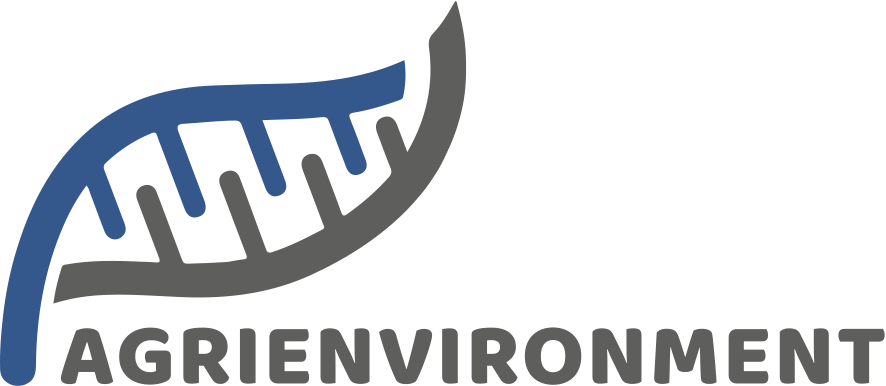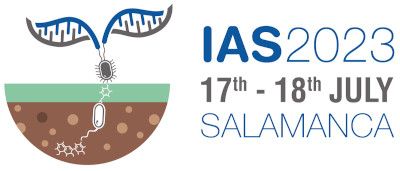1st International Agrienvironment Symposium
Welcome to the 1st International Agrienvironment Symposium – 1st IAS2023 in Salamanca, Spain, 17 – 18th July 2023. This is an international meeting that will gather a broad variety of scientists of excellence to discuss the cutting-edge applications and the latest advances in basic and applied research in agrienvironmental disciplines, biotechnology, molecular and computational biology, genomics, crop production and plant interactions with pathogens and beneficial microorganisms. This event is organized by a team of researchers within the Unit of Excellence in Agricultural Production and Environment Agrienvironment at the University of Salamanca. The symposium is divided into 6 interdisciplinary sessions with a selected panel of 10 excellent keynote speakers and some short talks and posters selected from the submitted abstracts. Additionally, 23 short talks and 52 poster communications have been selected from the abstracts.
The registration is free of charge (coffee and lunch breaks are included), and you can access it in the links below.
-> Registration is ended and we filled the maximum number of attendees!
We are looking forward to seeing you in Salamanca soon!
Find below the Book of Abstracts of the 1st International Agrienvironment Symposium:
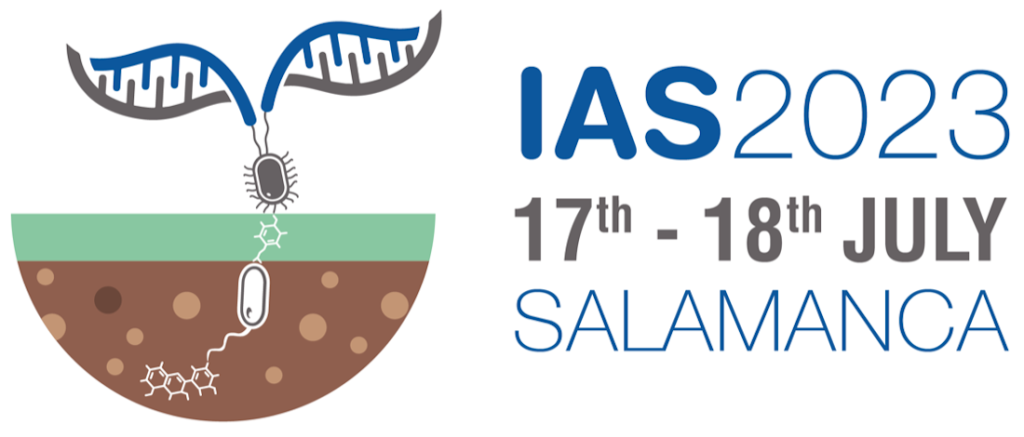
Join us in Salamanca on the 17-18th of July! We are very much looking forward to your registration, participation and scientific discussion!
Registration
Registration is free of charge and you can register for one or two days. Coffee and lunch breaks are included with your registration (and thus, free). Gala dinner will be held in Palacio Fonseca and it is not included. If you would like to attend, you can also register for it (30€).
Closed now!
Closed: 30.06.2023
SCIENTIFIC Program
July 17th 2023
- 8:30 Registration
- 9:00 Welcome to 1st IAS2023
Session 1: Cell and molecular signalling
Chairs: Noelia Arteaga and Mónica Calvo-Polanco
- 9:30 Keynote: Alberto Carbonell (Instituto de Biología Molecular y Celular de Plantas, IBMCP, Spain) Next-generation artificial small RNA-based RNAi for crop improvement
- 10:00 Short talks selected from abstracts
– Sara Gómez Jiménez (CIALE, University of Salamanca, Spain) Nitric oxide signalling in the root stem cell niche is regulated by TGA members of the bZIP family
– Sonsoles Alonso (University of Almería, Spain) A mutation in 7-dehydrocholesterol reductase (DHCR7) gene confers brassinosteroid deficiency, dwarfism, and enhanced tolerance to salinity
– Laura Huebra Montero (CIALE, University of Salamanca, Spain) BRABA: what’s going on in BRs and ABA crosstalk?
– Leila Rassizadeh (University Jaume I, Castellón, Spain) Transcriptomic Analysis Reveals Insights into Mechanisms behind Extracellular DNA-Induced Resistance
- 11:00 Coffee break & poster session
Session 2: Plant protection & sustainability
Chairs: Diego Cruz and Javier Sánchez-Martín
- 12:00 Keynote: Francesco Asnicar (University of Trento, Italy) Expanding metagenomic taxonomic profiling exploiting uncharacterized species with MetaPhlAn 4
- 12:30 Keynote: David Turrà (University of Napoli Federico II, Italy) Mechanisms of host sensing in Fusarium oxysporum-plant interactions
- 13:00 Short talks selected from abstracts
– Alberto Pedrero Méndez (CIALE, University of Salamanca, Spain) Trichoderma and its benefits to plants: biostimulation and indirect biocontrol activities
– Ezequiel Peral Aranega (University of Salamanca, Spain) The European Spruce Bark Beetle (Ips typographus) harbours a changing bacteriome with the metabolic capacity to aid the host
– Melani Mariscal (University of Córdoba, Spain) Cytosolic pH as a new fungal virulence signal
- 14:00 Cocktail lunch
Session 3: One Health and Climate Change part I
Chairs: Ignacio García Estévez and Rocio Vicentefranqueira
- 16:00 Keynote: Elsa Brandão (University of Porto, Portugal) TASTE: A Flavorful Tool to Promote Healthy Food Consumption
- 16:30 Short talks selected from abstracts
– Miguel Ayuso Calles (University of Salamanca, Spain) Effect of Rhizobium volatilome on lettuce growth under salt stress
– Tiago Lopes (University of Aveiro, Portugal) A Multifactorial Approach to Untangle Graphene Oxide (GO) Nanosheets Effects on Plants: Plant Growth-Promoting Bacteria Inoculation, Bacterial Survival, and Drought
– Ángela Martínez Gómez (University of Castilla-La Mancha, Toledo, Spain) Grape pomace biochar is effective for root-knot nematode control
– Alexandra Díez Méndez (Catholic University Santa Teresa de Jesús de Ávila, Spain) Preliminary screening of bacteria isolated from a fire-affected forest soil in Avila: implications for ecosystem recovery
– Lidia Garzón-García (University of Salamanca, Spain) Flavonoids as neuroprotector molecules: Evaluation in a transgenic strain of the model organism Caenorhabditis elegans
- 18:00 Free time
- 19:30 Guided tour in Salamanca
- 21:00 Gala dinner (for those registered to attend)
July 18th 2023
Session 4: One Health and Climate Change part II
Chairs: Lorena Carro and Marta Marcos
- 9:00 Keynote: María Reguera Blázquez (Autonomous University of Madrid, Spain) Environmental factors controlling seed quality of emergent crops within the context of climate change
- 9:30 Keynote: Letricia Barbosa Pereira (University of Santiago de Compostela, Spain) Upcycling food waste into functional ingredients and biobased films
- 10:00 Short talks selected from abstracts
– Mónica Jesus (REQUIMTE, University of Porto, Portugal) Unvelling the impact of food additives on flavor of healthy foods: the rolein the polyphenol-oral constituents interactions
– María Sánchez Bermúdez (CBGP-UPM and INIA-CSIC, Madrid, Spain) An integrative analysis of root adaptation to multiple environmental soil conditions in Brassica napus
– Esperanza Miñambres Fuentes (CIALE, University of Salamanca, Spain) Fungi volatiles as a tool for plant tolerance against abiotic stress
– María Oyón Ardoiz (University of Salamanca, Spain) Addition of Torulaspora delbrueckii mannoproteins to red wine: effect on the phenolic composition, color and astringency - 11:00 Coffee break & poster session
Session 5: Microbiome in agrosystems
Chairs: Zaki Saati and Maria Illescas
- 12:00 Keynote: Cláudia SL Vicente (MED-University of Évora, Portugal) Protecting our crops – sustainable approaches for the control of plant parasitic nematodes
- 12:30 Keynote: Lorena Gomez-Aparicio (IRNAS-CSIC, Spain) Understanding global change impacts on the microbiome of Mediterranean agroforestry systems
- 13:00 Short talks selected from abstracts
– Cristina Frade (IRNASA-CSIC, Salamanca, Spain) Dehesa: management practices and their influence on soil microbiological diversity
– Irene Sanz-Puente (University of Cantabria-CSIC, Spain) Core bacteria endophytes are vertically transmitted to the plant offspring generation through the germ line
– Benjamin Zwirzitz (University of Natural Resources and Life Sciences, Vienna, Austria) Sourdough – A model system for microbiome research
– Luisa Liu-Xu (University Jaume I, Castellón, Spain) Traditional genotypes, a richer source of potential fungal endophytes for tomato improvement - 14:00 Cocktail lunch
Session 6: Agricultural food security
Chairs: José David Flores Félix and Inmaculada Sánchez-Vicente
- 16:00 Keynote: Markus Stetter (Institute for Plant Sciences. University of Cologne, Germany) Not quite finished crops – The ecology and genetic control of incomplete domestication
- 16:30 Keynote: Raquel Iglesias Fernández (Centro de Biotecnología y Genómica de Plantas UPM – INIA, Spain) The Quinoa4Med initiative: Promoting quinoa as a climate-smart crop for enhancing income generation in the Mediterranean marginal land
- 17:00 Short talks selected from abstracts
– Victoria Widrig (CIALE, University of Salamanca, Spain) Kinase-fused Resistance Proteins as Novel Regulators of Race-Specific Resistance in Cereals
– Muhammad Khashi u Rahman (CIALE, University of Salamanca, Spain) Exploration of the significance of non-leguminous crops in intercropping systems
– Diana Matos (University of Aveiro, Portugal) Potential of Bacteria from Arid Environments to Improve Plant Drought Tolerance: Inoculating Maize with Plant Growth-Promoting Bacteria
- 18:00 Concluding remarks
INVITED SPEAKERS
*Speakers are sorted by (name) alphabetical order
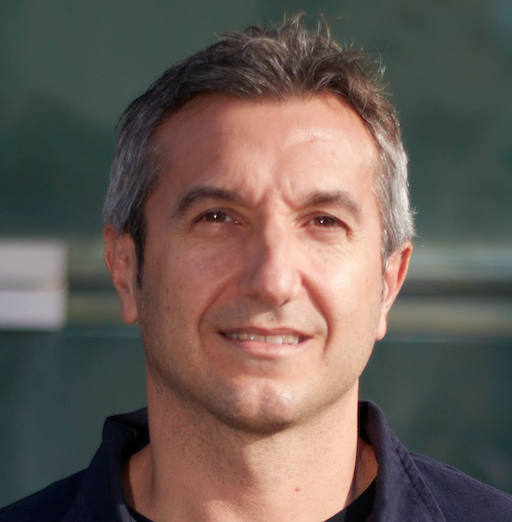
Alberto Carbonell
CSIC Ramón y Cajal researcher
Group Leader “Plant Small RNA Biotechnology”
Instituto de Biología Molecular y Celular de Plantas (IBMCP), Spain.
His current research interests are to develop highly effective, fine-tunable and GMO-free art-sRNA-based RNAi methodologies to regulate gene expression and to induce antiviral resistance in plants in both model and crop species.
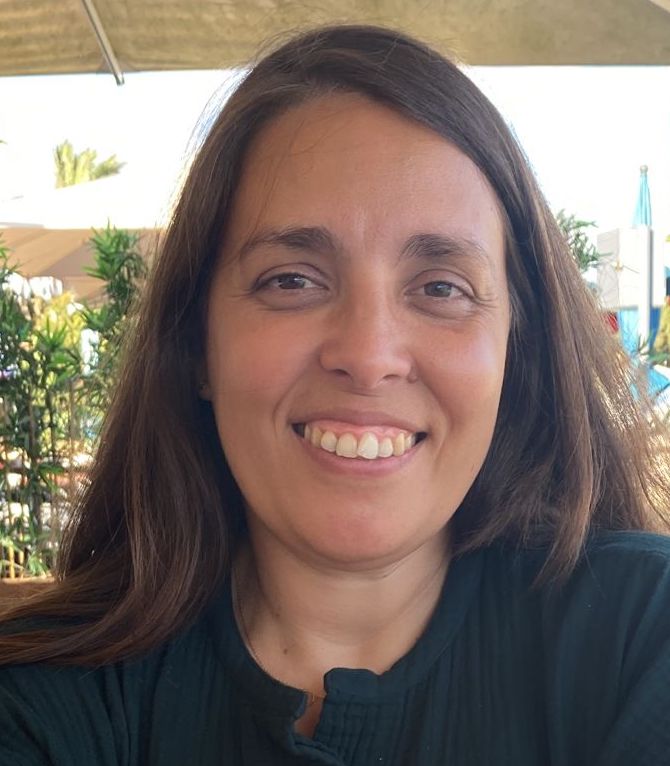
Cláudia Vicente
CEEC Assistant Researcher
Plant Protection Research Group
Head of NemaLab (Laboratory of Nematology)
MED-University of Évora, Portugal
Her main research interests are related to nematode-microbe interactions in complex diseases and the parasitism mechanisms of the root lesion nematode Pratylenchus penetrans.

David Turrà
Associate Professor
Department of Agriculture
University of Naples “Federico II”, Italy
Turrà’s Lab studies how environmental signals (chemical/physical) are transduced in fungal cells and impact the physiology, infectivity and interaction of soil-borne plant pathogenic fungi with the plant host and/or the associated microbiome.

Elsa Brandão
CEEC Junior Researcher
LAQV – REQUIMTE, University of Porto, Portugal
Her research is focused on understanding the taste properties (astringency and bitterness) of polyphenol-rich products, their molecular mechanisms, and their modulation. She has been exploring new compounds and alternatives to decrease the unpleasant taste properties of plant-based products, developing economical, innovative, and sustainable approaches
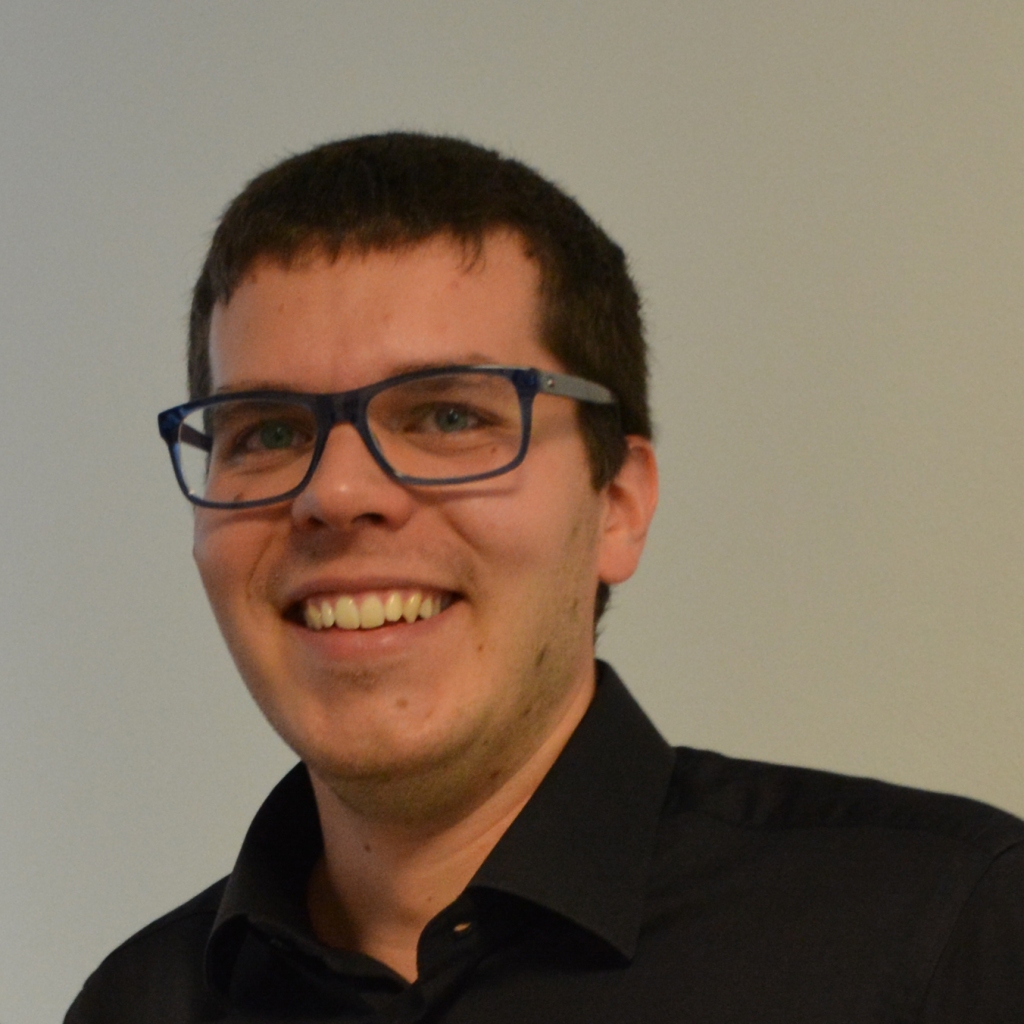
Francesco Asnicar
Postdoctoral researcher
Department of Cellular, Computational and Integrative Biology (CIBIO)
University of Trento, Italy
Francesco has a computational background and his research interests focus on the development of computational tools for microbiome analyses and the study of the complex relationships between diet and metabolic responses with the human gut microbiome.
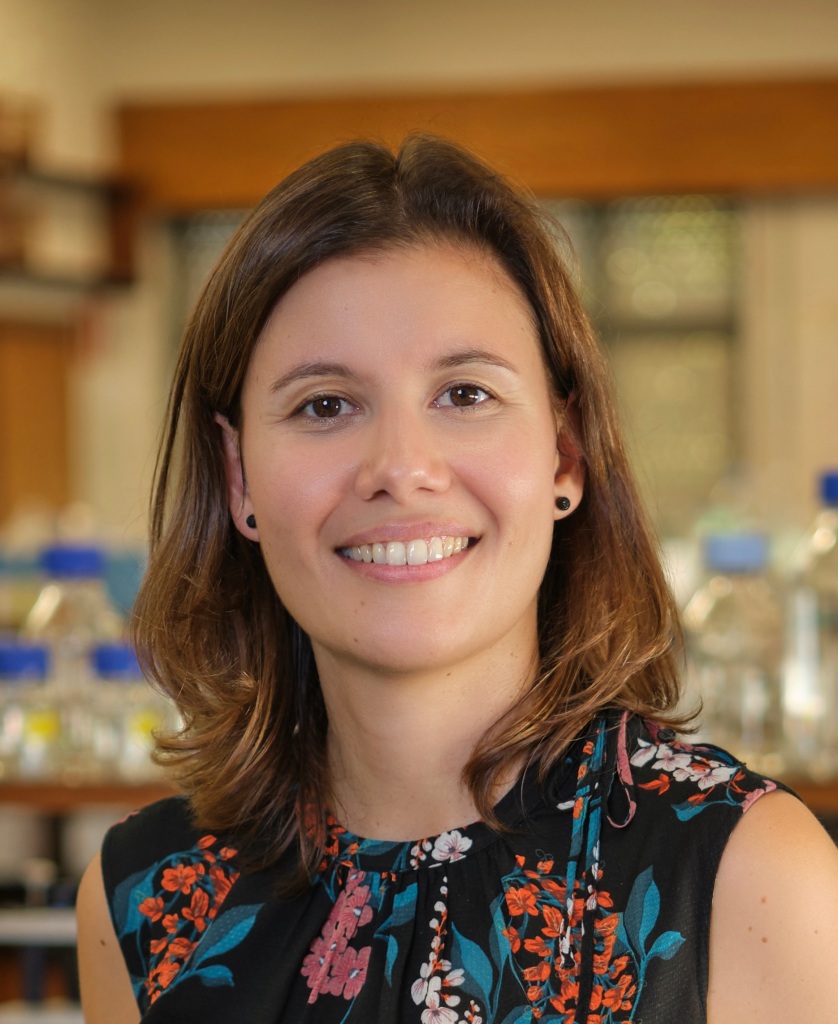
Letricia Barbosa
Universidad de Santiago de Compostela, Spain
Her research is committed to high add-value compounds recovery from several agro-industrial by-products and wastes to produce additives/ingredients with vast applications in active food packaging, functional food, and health sectors in a concept of a circular economy.
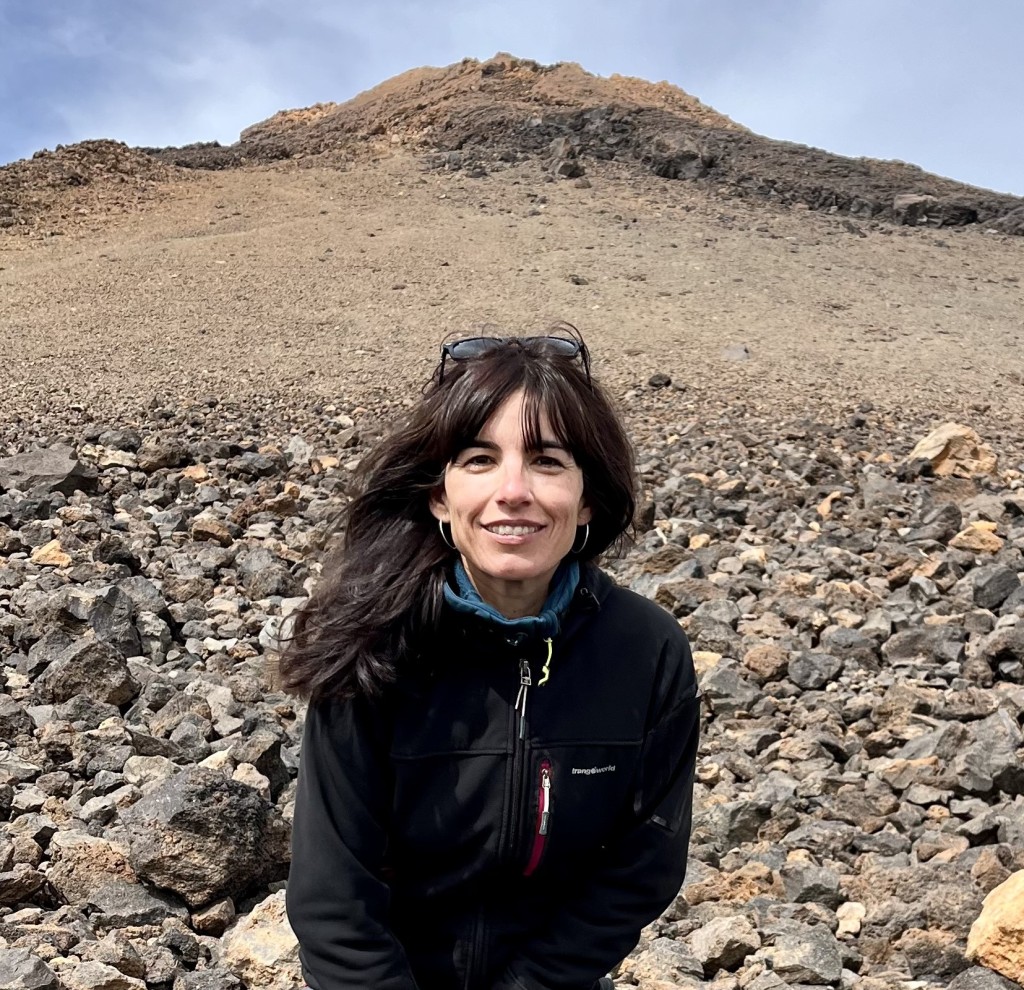
Lorena Gómez-Aparicio
CSIC tenured Research Scientist
Group Leader “Mediterranean Forest Systems”
Institute of Natural Resources and Agrobiology of Seville (IRNAS-CSIC), Spain
Her work focuses on understanding the impacts of global change drivers (mainly climate change and invasive species) on plant and microbial communities of Mediterranean forests and dehesas, as well as in restoration and management of agroforestry systems affected by disturbances, such as overgrazing or tree decline, in order to improve their long-term sustainability.
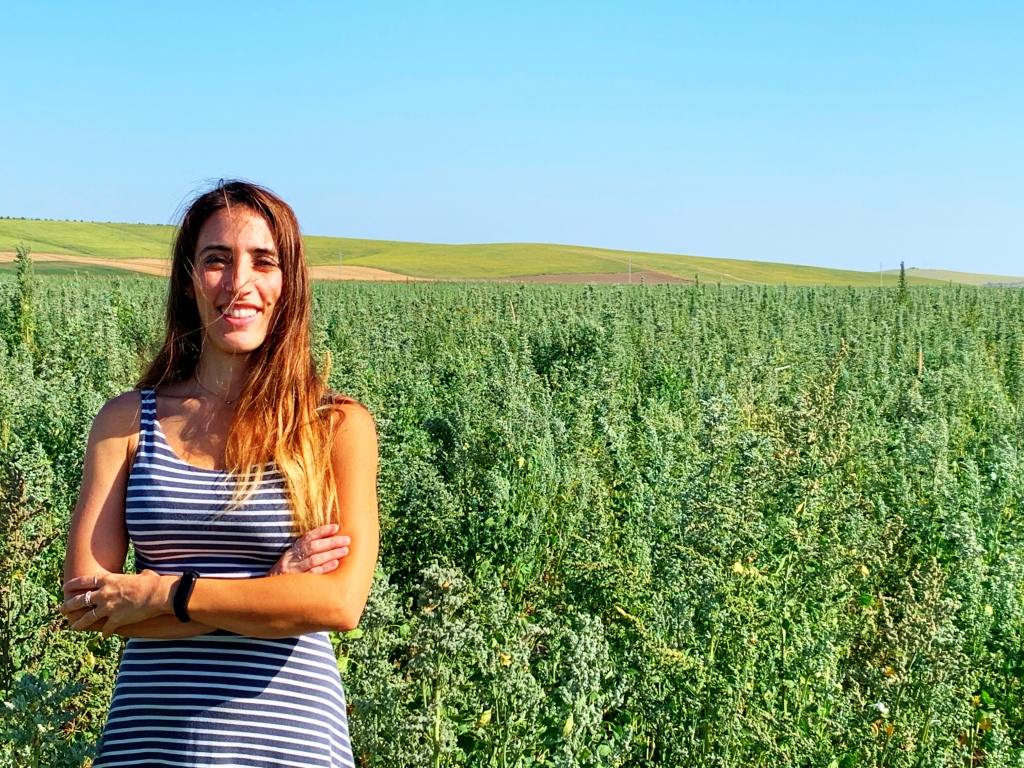
María Reguera Blázquez
Ramón y Cajal Researcher at Universidad Autónoma de Madrid
Her research has centered on gaining a better understanding of plant-environment interactions by investigating the molecular mechanisms mediating the physiological response(s) of plants to abiotic stressors (analyzing mainly the effect of water stress and elevated temperatures) determining seed quality of emergent crops (including quinoa, amaranth or chia) while she keeps working on boron nutrition in plants.
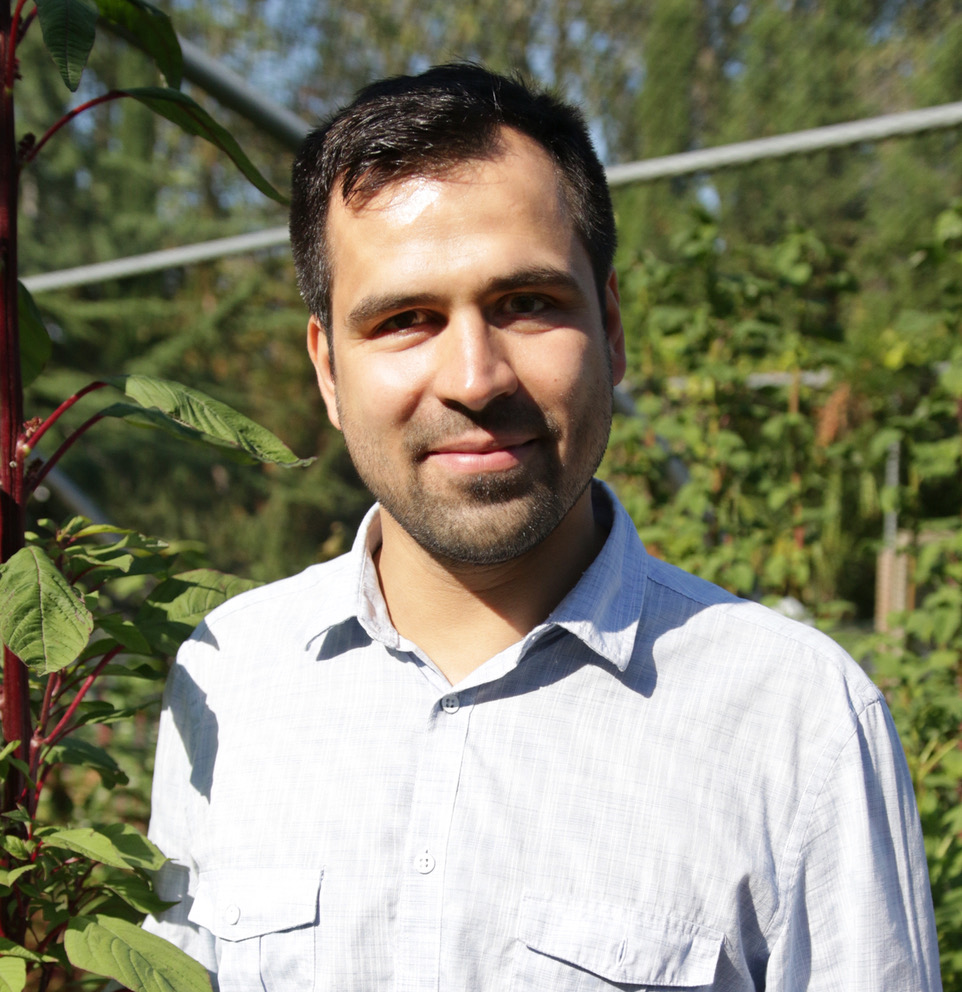
Markus Stetter
Institute for Plant Sciences
University of Cologne, Germany
His research focus is on plant adaptation and crop domestication. He studies the genomic changes that occurred during domestication, in order to understand how plants can adapt to rapidly changing environments in the future.
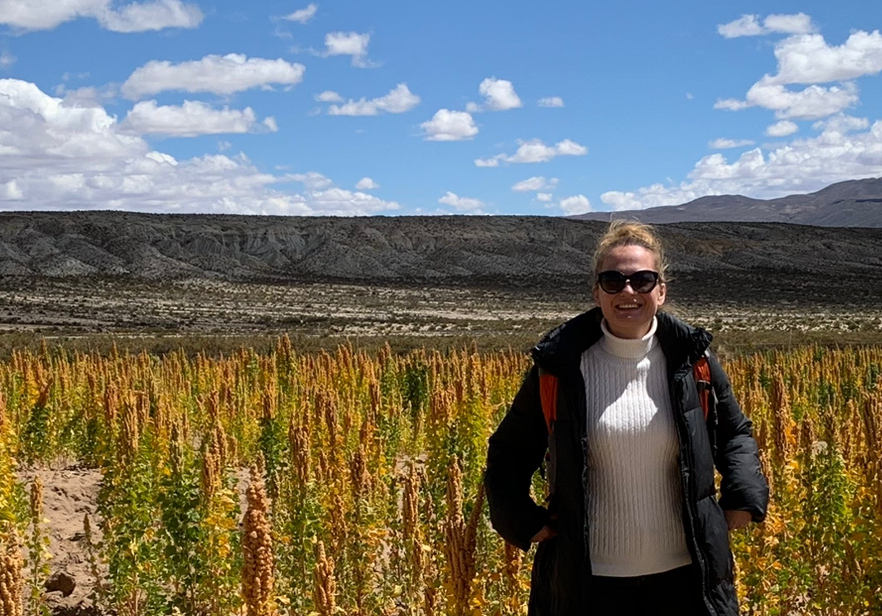
Raquel Iglesias Fernández
Assistant Professor
Centro de Biotecnología y Genómica de Plantas (CBGP, UPM-INIA)
Universidad Politécnica de Madrid (UPM) – Instituto Nacional de Investigación y Tecnología Agraria y Alimentaria (INIA)
ORGANIZERS
AND SCIENTIFIC COMMITTEE
*The organizers are the scientific committee of the Symposim and are listed below sorted by (name) alphabetical order
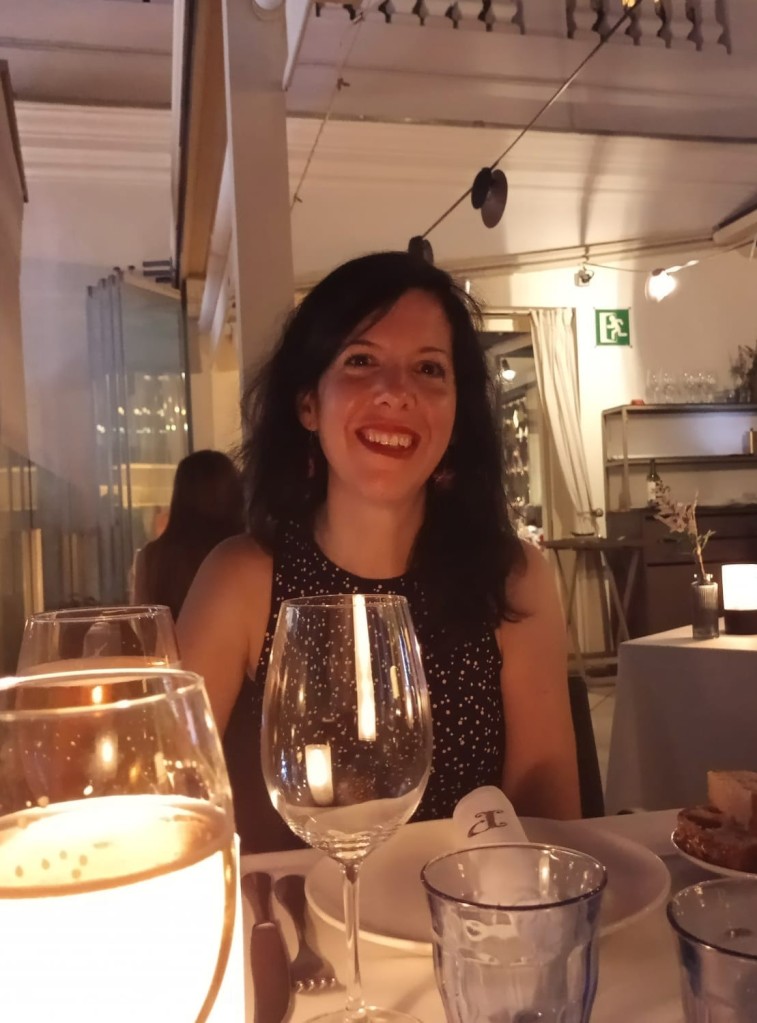
Cecilia Oliver
Institute for Agribiotechnology Research (CIALE)
Postdoctoral Researcher MSCA – USAL4EXCELLENCE
Geneticists and cell biologist, I have been working on different processes as meiosis and fertility in general, and DNA repair, interested in the regulation of both processes by small RNA machinery. Nowadays I am working on the interrelationship between small RNAs and nitric oxide interaction and their effect during early plant development. Always fascinated by epigenetics!
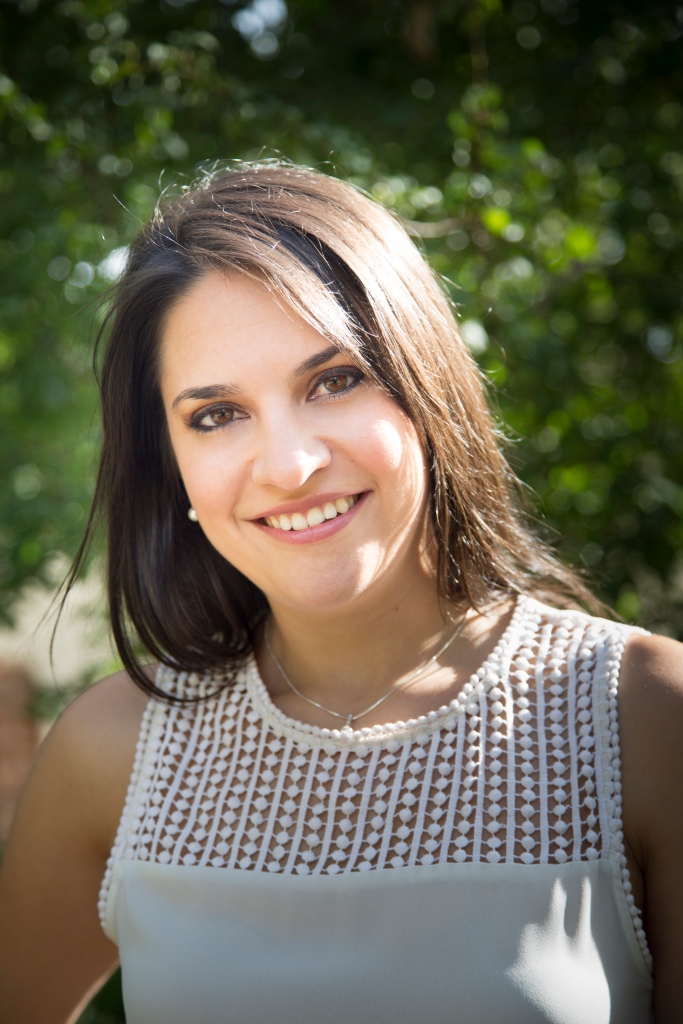
Elvira Manjón Pérez
Department of Analytical Chemistry, Nutrition and Food Science
Postdoctoral Researcher
My research aims to understand the implications of grape phenolic compounds on the sensory characteristics of wine, especially color and astringency, by studying the molecular mechanisms involved and their modulation by different biopolymers. In addition, I am interested in the valorization of food by-products as sources of compounds with technological functionality.
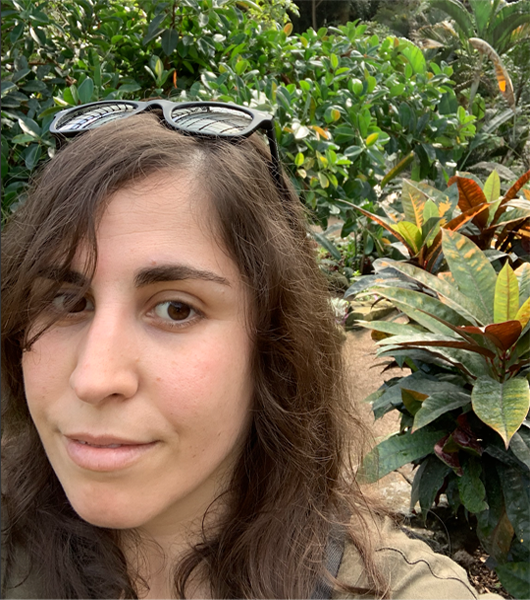
Esther Menéndez Gutiérrez
Department of Microbiology and Genetics
Postdoctoral Researcher MSCA
My interests are focused on the molecular basis of mutualistic plant-bacteria interactions, and also, on the beneficial effects exerted by rhizobia and endophytic bacteria on different crops. I am interested on microbial diversity and taxonomy, in order to know who is who and which are the effects of bacterial communities on crops submitted to a diverse range of conditions.
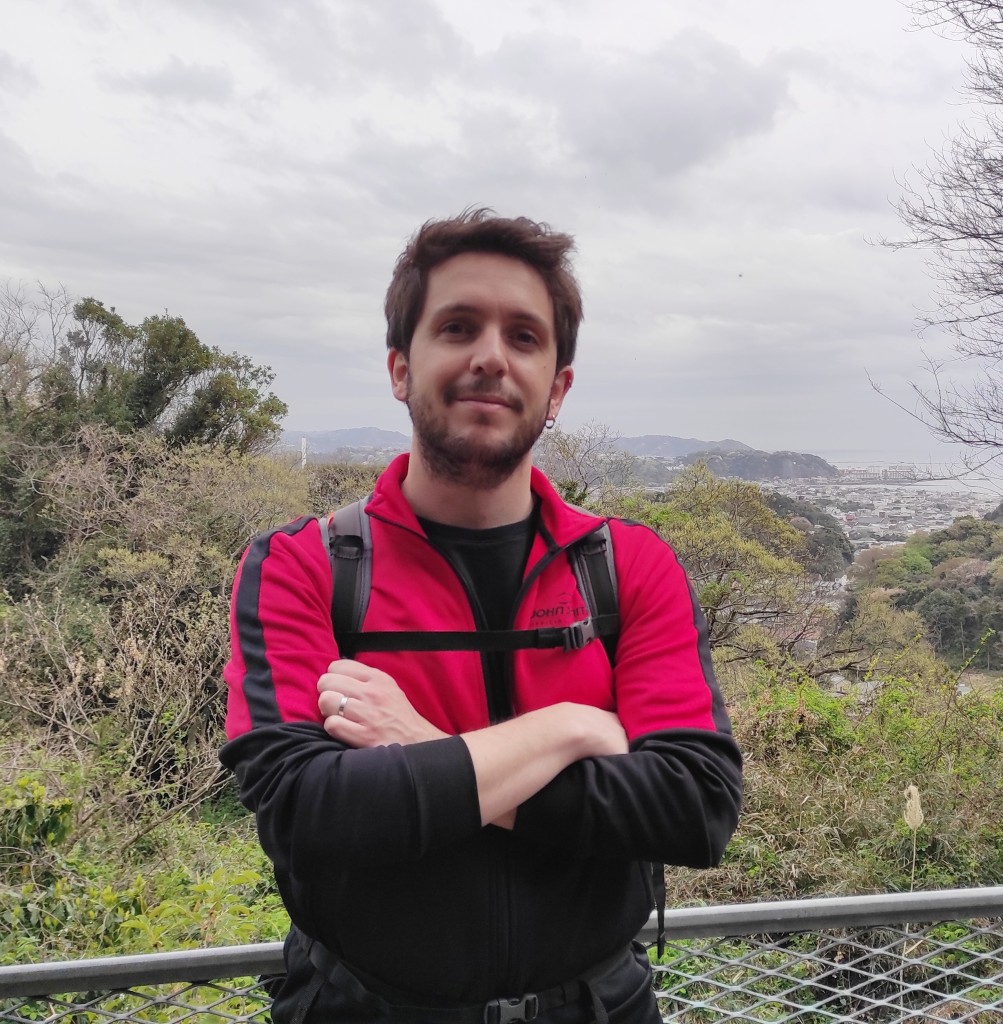
Narciso Martín Quijada
Department of Microbiology and Genetics
Postdoctoral Researcher MSCA – USAL4EXCELLENCE
My research focuses on the development of bioinformatic tools for the analysis of the microbiome and antimicrobial resistances in different environments from farm-to-fork by using different high-throughput DNA sequencing approaches: amplicon-sequencing, whole genome sequencing, single-strains RNAseq, metagenomics and metatranscriptomics.
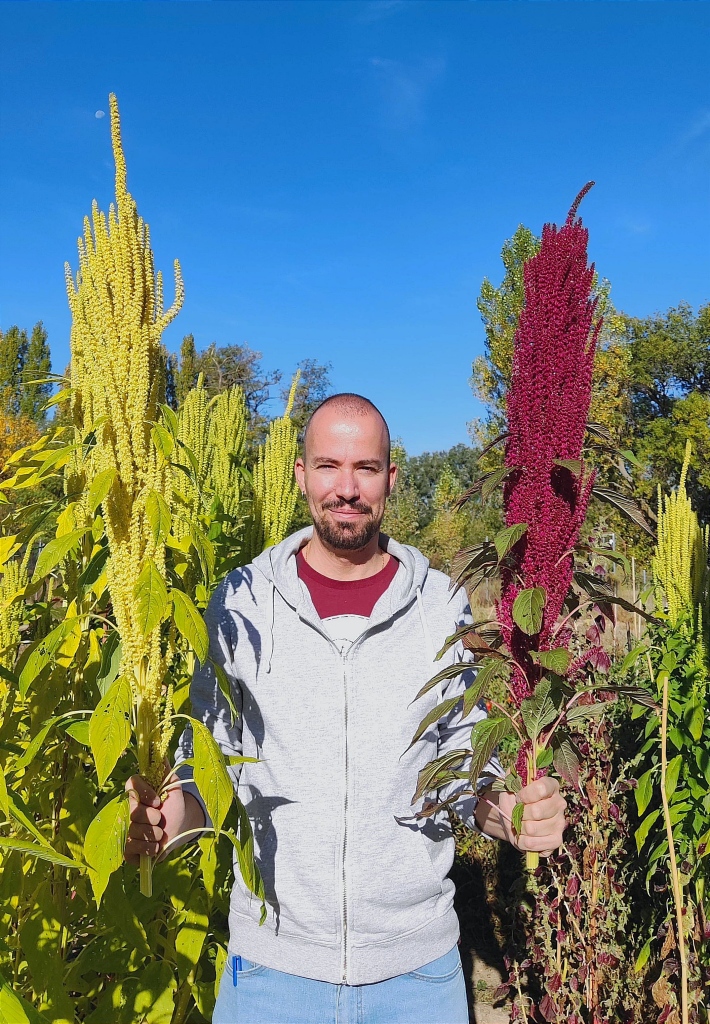
Pablo Albertos Arranz
Department of Botany and Plant Physiology
María Zambrano Postdoctoral Researcher of Excellence
I am a plant scientist passionate about discovering how plant hormones can activate different molecular mechanisms under extreme environmental waves of heat and drought to improve plant survival. In addition, I am an orphan crop promoter very interested in the pseudocereal Amaranth as a great alternative crop for our fields due to the highly nutritious seeds and the plant resilience shown under the changing climatic scenario.
PLACE OF THE EVENT
Colegio Arzobispo Fonseca, Calle Fonseca, 4, 37002 Salamanca, SPAIN.
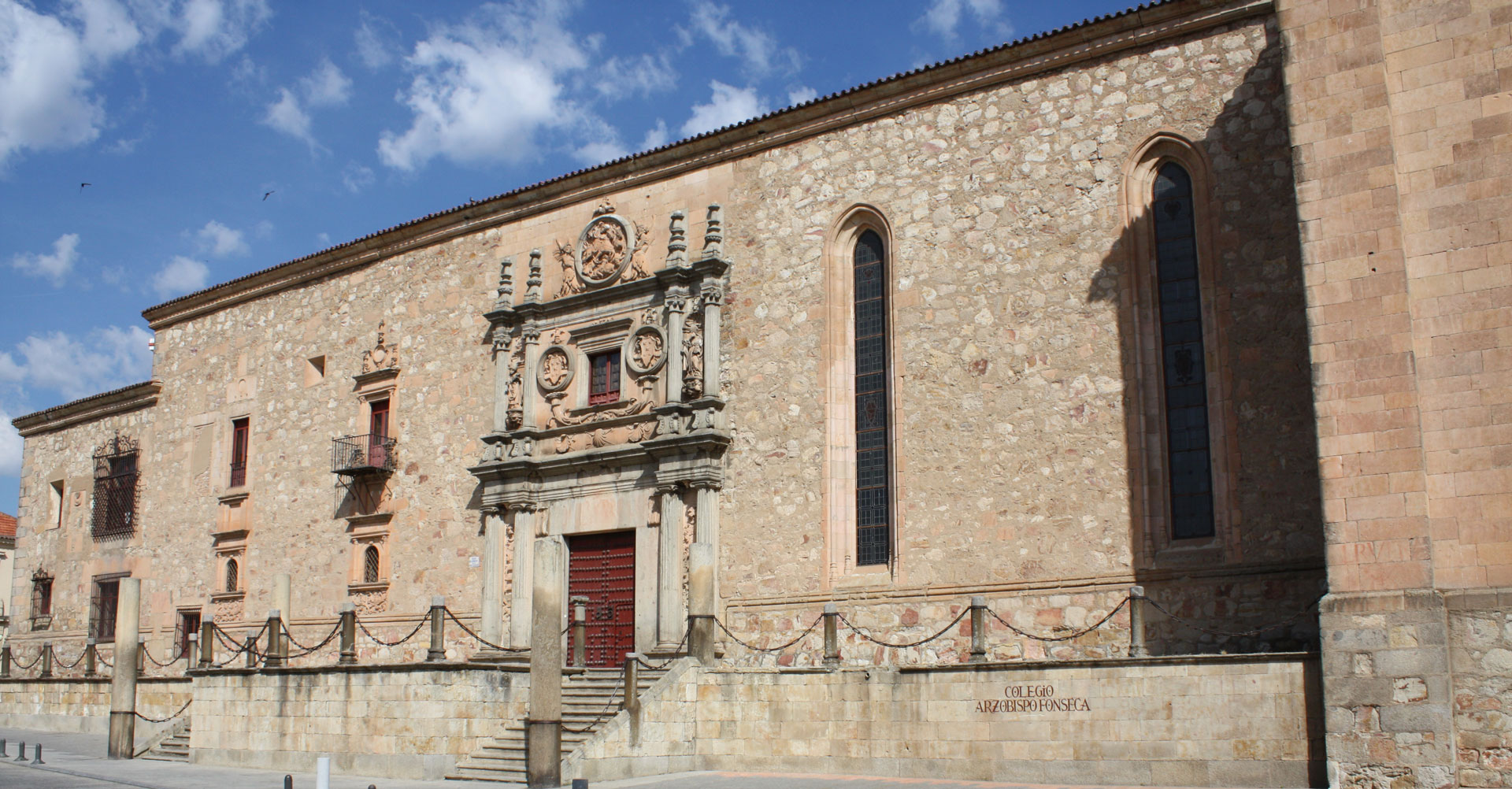
Contact information
Our organizing institutions (Agrienvironment)
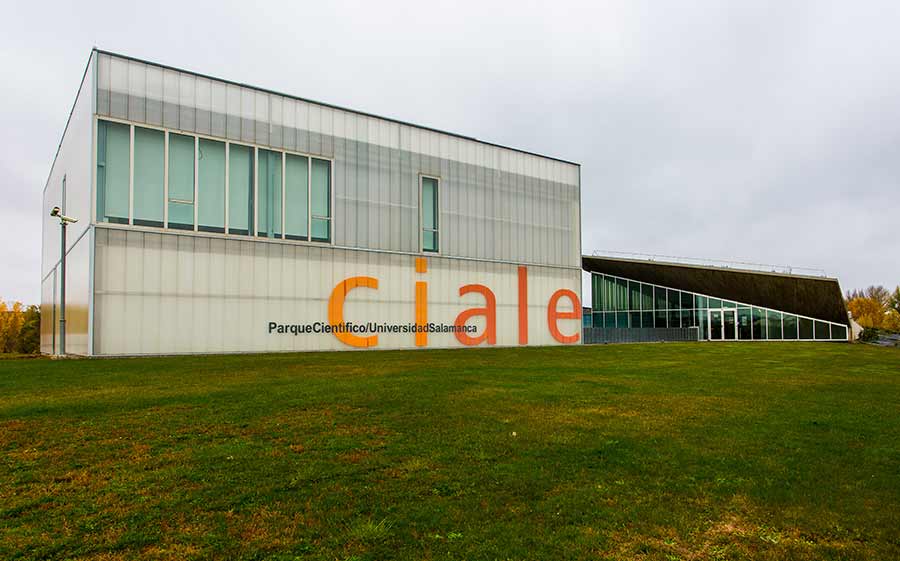
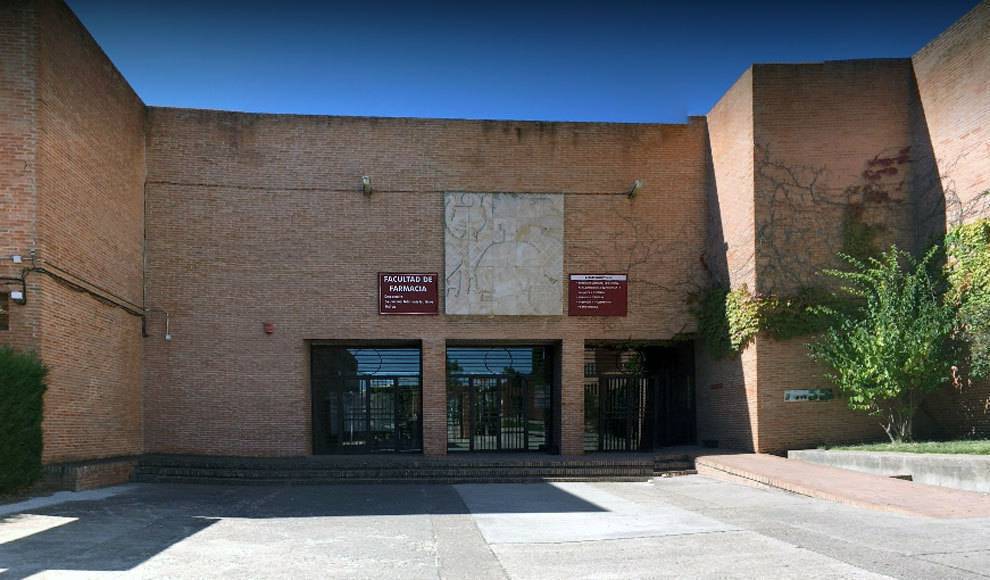
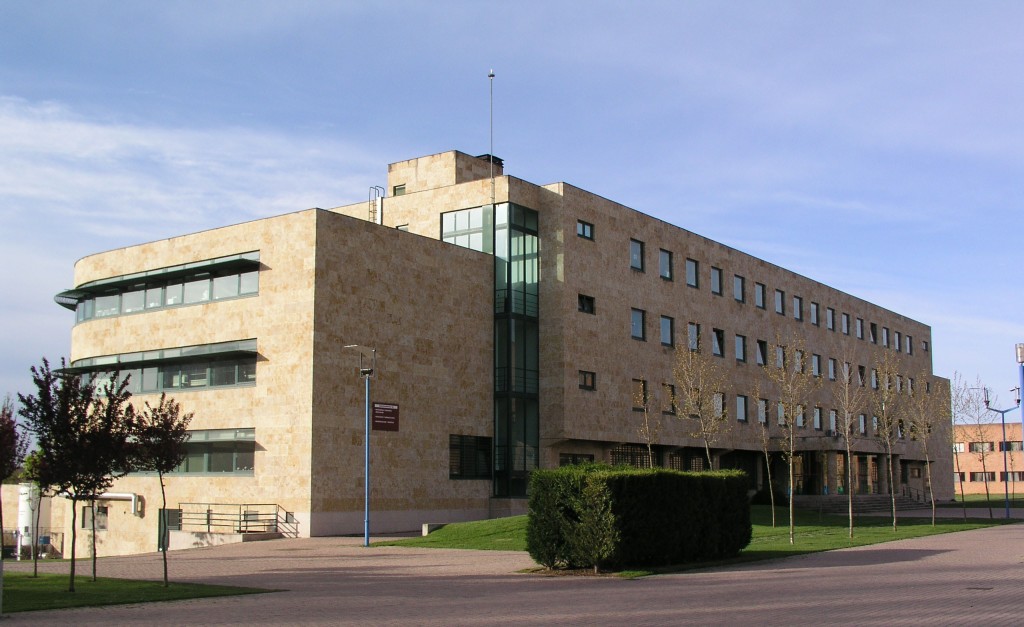
Our sponsors





